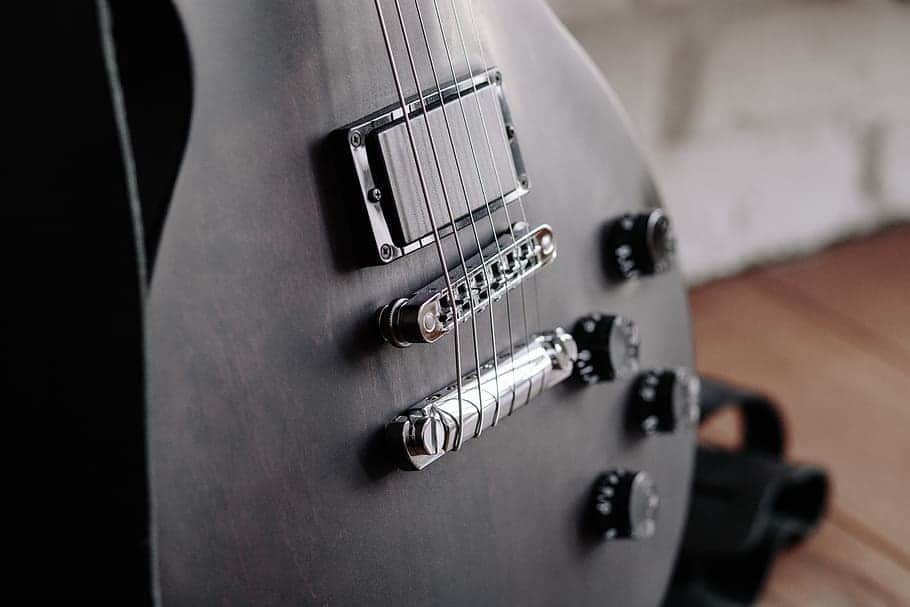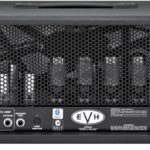As you may know, there are two main types of pickups: active and passive pickups.
Most musicians are truly aware of both kinds but there has been a lot of debate about them.
They vary a lot from one to the other but the best-known difference is active pickups use batteries to work whereas their passive counterparts don’t need them at all.
Nevertheless, the relevant question is, how long do active pickup batteries last?
The lifespan of active pickup batteries depends mainly on how much you play. Assuming you plug your guitar in and spend around 2 hours per day playing, batteries should last around 2 years, since they are expected to run for 1500 hours of playtime on 2 pickup guitars. A single pickup setup will double that.
Remember always to unplug your guitar when you are not playing because you will drain the battery otherwise.
More features can affect its duration so through this article, I will try to explain every aspect related to this topic.
Continue reading till the end to get to know everything about active pickups batteries.
What kind of battery do active pickups use?
Every active guitar or bass requires a battery to power the active preamp placed on the electronic housing.
Active pickups have an in-built preamp which needs the power to work.
That is why they require batteries, otherwise, you won’t get any signal at all.
Most of them are usually 9v alkaline batteries but some of them work with 2 AA batteries.
Actually, there aren’t any proprietary batteries, it always depends on the pickup.
Some of them need 9v batteries whereas others require 3v batteries, in that case, 2 AA batteries are the ones needed.
How long does the battery on EMG or other active pickups last?
The duration of the batteries is commonly affected by how often you use your instrument.
If you spend long hours playing plus you leave your guitar plugged in, the batteries will last less time.
What is also important is the kind of batteries you use.
To give a general idea, you should get anywhere from 1000 to 4000 hours of battery life on average.
2 active pickup guitars will have, on average, 1500 hours of battery life.
A single active pickup configuration will run for 3000 hours, on average, since the consumption is, obviously, cut in half.
If you do the math, you will notice that if you play one or two hours a day, your battery will last more than two whole years.
If you are one of those guitar maniacs who play more than 4 or 5 hours a day, the battery will survive an entire year of playing.
What are the factors that can make the battery drain faster?
We have previously said that batteries should last around 3000 hours but some factors can make them last for less time.
For instance, if you leave your instrument plugged in while you are not playing, your battery will just last a month.
If you finish playing I recommend to unplugged the cable from the input jack.
What that does is cut off the pickups from any current and, in that way, the battery won’t drain so fast.
Moreover, the output level will also interfere with the duration of the batteries.
As we mentioned before, active pickups which convert sound into electronic signals, have a preamp that needs the power to function.
The volume of this signal is controlled by the knobs on the preamp.
Although this can be solved just by unplugging your instrument, you must know if you crank up the volume high, the battery will drain faster.
This may sound weird but the weather could also affect the lifetime of batteries.
Warmer temperatures cause the batteries to degrade faster so if your instrument rests in a place where the temperature can soar, the batteries will die earlier.
How could you make your pickup battery last longer?
Having discussed the former aspects, I would like to give you some useful tips to make your pickup battery last longer.
- Unplug your guitar when you are not using it.
- Keep the output volume low.
- Preserve your guitar in a dry, cool place. Keep it in your guitar case.
What happens if your active pickup battery dries up?
If you own a guitar or bass that uses active pickups, you do need to be aware of the batteries’ life.
If you use active pickups without battery power, you won’t get any signal to convert into sound.
Don’t worry because you will know that your batteries are running out long before they are dead.
If you pay attention to the instrument tone, you will be sure that something is going wrong.
The first thing that you will see if the batteries are discharged is a noticeable volume decay.
In addition, the sound will become kind of fuzzy and distorted but in a disgusting way.
After that, the volume will turn lower and in the end, it dies.
Are the batteries from active pickups rechargeable?
The more common batteries used for active pickups are 9v batteries.
This is because is the cheapest and most immediate way to power them but even so you can get rechargeable batteries.
Rechargeable batteries could be far more expensive than their non-rechargeable counterparts.
What is more, this kind of battery consumes a lot of power in a way they could be dead just in a couple of days or, what’s even worst, in hours.
You already know that 9v batteries could last a whole year of playing so I believe that there is no point in getting rechargeable ones.
However, the most important thing is the quality and the decision of whether to use or not any sort of battery is always up to the player.
Is there a way of knowing how much battery your pickups have left?
There isn’t a specific way to know how much battery your pickups are left.
However, some distinguishable signals will let you know that a replacement is needed.
First, it is going to be a drop in volume, gain, and signal strength.
That’s one thing to keep on, if you feel that the pickups are producing less output while you are playing, the battery is pretty low.
Another remarkable feature is that you will listen to a lot of crankling around the volume parts.
When you are going up with the volume there will be a notorious unwanted crankling noise which won’t be pleasant at all and it could come up with a bit of humming.
When should you replace your active pickup batteries?
This is a completely subjective topic and it will depend on how much a player the instrument.
A session guitarist player will obviously use the guitar more than a person who spends time just as a hobby.
The first obvious answer is to replace batteries when the instrument starts to experience negative tonal symptoms such as mentioned previously (crankling, low output, etc.).
A good standard could be changing the battery every 2 or 4 months.
Nevertheless, there are also players who prefer getting fresh batteries before every show or studio session.
That is because, in that way, their instrument will have the best possible quality and potential, and there will be no chances of losing output whatsoever.

Hello there, my name is Ramiro and I’ve been playing guitar for almost 20 years. I’m obsessed with everything gear-related and I thought it might be worth sharing it. From guitars, pedals, amps, and synths to studio gear and production tips, I hope you find what I post here useful, and I’ll try my best to keep it entertaining also.





